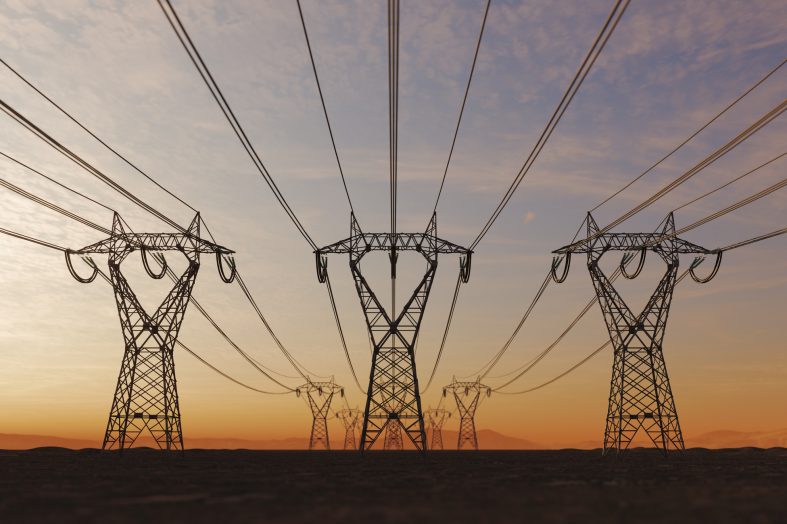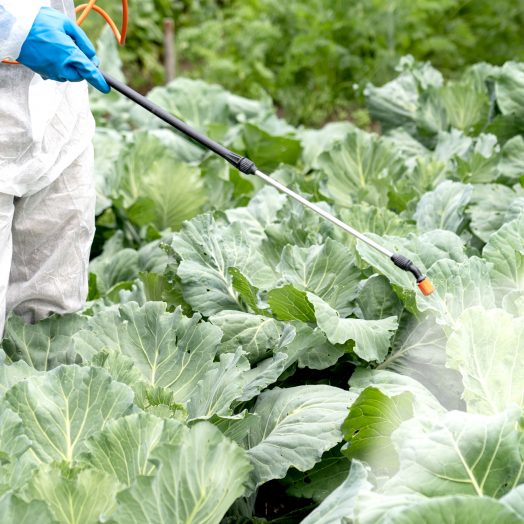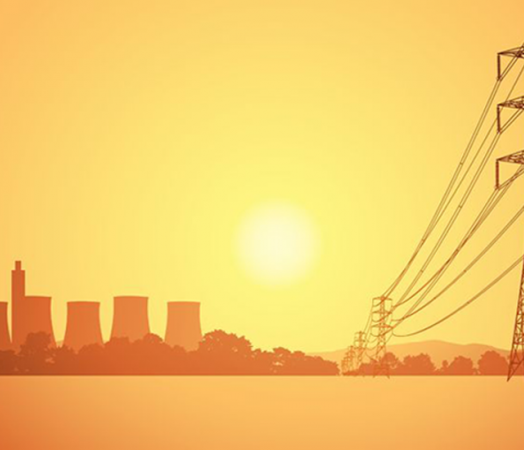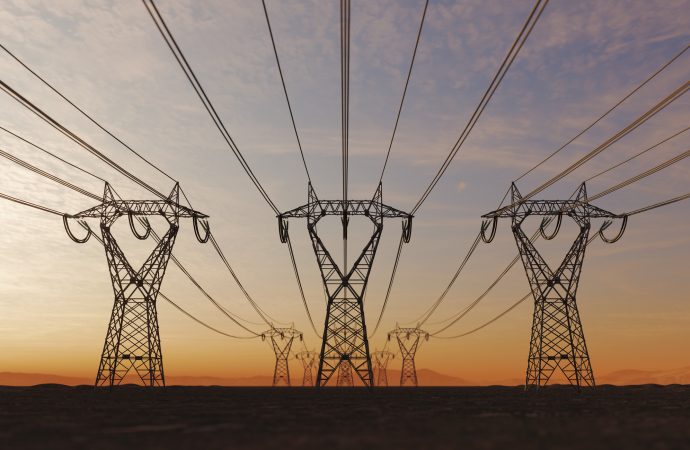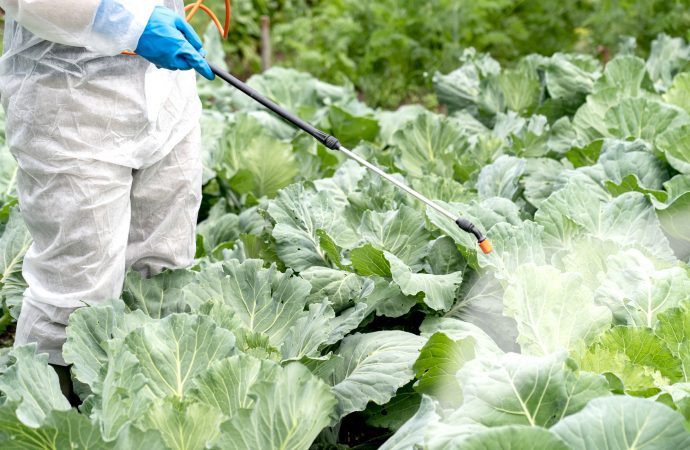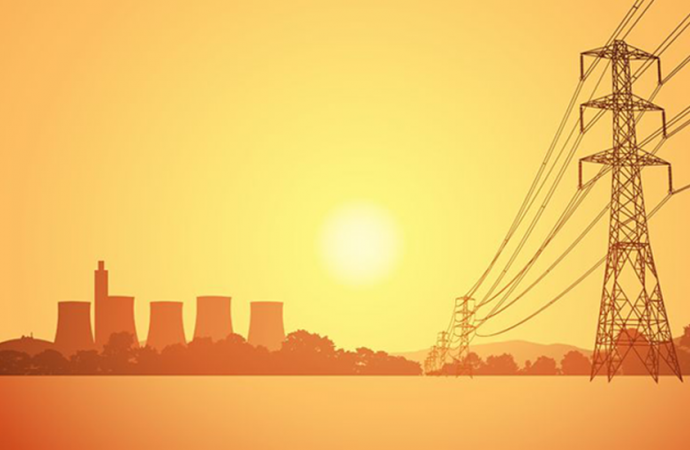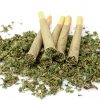Compost Your Pumpkins
- Environmental Well-Being
- October 31, 2011
Once you are finished celebrating Halloween, compost your pumpkins instead of throwing them in the garbage. “Pumpkins, which of course are 100% natural, will break down quickly as compost in your yard, providing you with valuable nutrients for your lawn or garden.” The Daily Green, 10/31/2011
READ MOREWinterize Your Home
- Environmental Well-Being
- October 27, 2011
Oct. 30 is National Weatherization Day. With winter knocking at your door, keep cold air out and energy bills down by weatherizing your home. This week's tips will help get you started. Sierra Club Blog – The Green Life, 10/24 & 10/25/2011
READ MOREEat Real Food Today (and Every Day)
- Environmental Well-Being
- October 24, 2011
October 24 is the first annual Food Day, an event which aims to “bring together Americans from all walks of life… to push for healthy, affordable food produced in a sustainable, humane way.” The organizers of this day are encouraging individuals to think beyond their own diets and tell leaders to improve the food system
READ MOREThink Twice Before Composting Lint
- Environmental Well-Being
- October 24, 2011
Next time you do laundry, think about the pollution you may be causing. A new study by Mark Browne from the University College of Dublin suggests that the lint from laundering synthetic fabrics like polyester produces synthetic lint and could produce nearly 2,000 micro-fibers of plastic pollution. Although the health risks are still unclear, Browne
READ MOREChernobyl on Hudson Fear if Indian Point Leaks
- Environmental Well-Being
- October 20, 2011
The Natural Resources Defense Council reported on Monday that Manhattan and the Bronx would be uninhabitable if the accident-prone Indian Point nuclear plant suffered a Chernobyl-like disaster, and that a massive radiation release could also contaminate Brooklyn and chunks of Queens and Staten Island. Robert Kennedy Jr., a senior attorney at NRDC, said of Indian Point, "It's too old, it's near too many people, and it's just too
READ MORESolar After Solyndra
- Environmental Well-Being
- October 18, 2011
As Solyndra goes to bankruptcy court today, the Solar Power International conference in Dallas this week brings together the largest gathering of green energy professionals in an industry facing a different sort of glaring heat. The conference will explore the current state of the industry as well what the future may hold for solar power. CNBC.com,
READ MORECheck the Temperature in Your Fridge and Freezer
- Environmental Well-Being
- October 14, 2011
It’s important to make sure that you have the temperature set optimally on your appliances so that you can reduce the amount of electricity that you use. The EPA recommends that you keep your refrigerator at 37 degrees and your freezers at 3 degrees, because anything more is a waste of energy and unnecessary. The
READ MOREGroundwater on Broadway
- Environmental Well-Being
- October 12, 2011
Digital artists take note: your design for the HeadsUP! Times Square Visualization Challenge could be displayed on Broadway on March 12, 2012- World Water Day- as an animated, data-driven indicator that will alert the public to America’s deteriorating groundwater supply. The winning spot will run for one month across 19,000 square feet of prime Time
READ MORESeal Those Ducts
- Environmental Well-Being
- October 11, 2011
One of the biggest uses of energy in your home is heating and cooling, so it’s important to make sure that all of your ductwork is sealed tightly. According to the American Solar Energy, sealing ducts properly can save the average home up to $140 annually. The Daily Green, 10/7/2011
READ MORECaulk Now, Before Winter’s Chill
- Environmental Well-Being
- October 6, 2011
According to the U.S. Department of energy, simple leaks can decrease home energy efficiency by 5% to 30% each year. You should start sealing leaks with caulking now, making sure to pay special attention to areas where two different building materials meet, such as corners. Check out a few tips to help this process go
READ MOREStudy: Ecotourism Has Significant Benefits
- Environmental Well-Being
- October 1, 2011
If you are looking to do the standard all-inclusive travel package with your family this year, you may want to reconsider. According to a study by the Collaborative Partnership on Forests, ecotourism is a concept that emphasizes authentic experiences in preserved nature guided by local people. The locals have an economic incentive to protect their
READ MOREIn a Bronx Complex, Doing Good Mixes With Looking Good
- Environmental Well-Being
- September 27, 2011
A new subsidized housing development, Via Verde, has been designed to be a healthy, green living space, with hopes that future builders and city planners may also start to emphasize these virtues when creating new urban developments. The footprints of Via Verde's buildings were made narrower than usual to allow apartments to wrap around the
READ MOREThink twice before sealing your driveway
- Environmental Well-Being
- September 21, 2011
Scientists have discovered that the coal tar used in most driveway sealants causes pollution to streams, lakes, and maybe even your own home. Rainwater runoff is the greatest source of pollution to most rivers, streams, and lakes, due to the fact that many small sources of pollution mesh together to create big problems that can
READ MOREEmmy Awards show greener than ever
- Environmental Well-Being
- September 21, 2011
This year’s annual Emmy Primetime Award show met Fox’s goal for neutralizing the carbon footprint, making the show greener than ever before. The famous red carpet was locally produced from recycled materials and showcased with solar-powered, energy-saving LED and fluorescent lighting. September 19, 2011, Good News Network
READ MOREGreenest skyscraper ever rises from world trade center site
- Environmental Well-Being
- September 16, 2011
The new World Trade Center in New York City promises to be the most environmentally advanced building ever created on such a scale. The WTC complex is seeking the second highest attainable LEED Certification, which requires 20 percent less energy consumption than New York State’s energy code requirements. A few of the buildings green strategies
READ MOREFeatured Stories
-
The texting dead
- Lifestyle & Relationships
- April 8, 2013
-
The business of happy families: Family Inc.
- Home & Family
- February 12, 2013
-

-
It All Started With a 12-Year-Old Cousin
- Making a Positive Difference
- February 3, 2014
-
Brought back from the dead
- Health & Healing
- May 5, 2014


